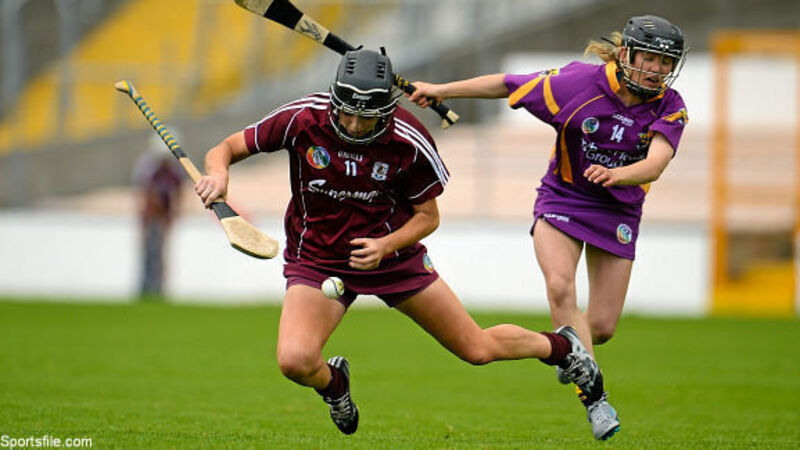Don’t chase scapegoats: control your own performance

That’s the message their county board and senior county management seem to be sending out following their decision to appeal the result of last Sunday week’s one-point All Ireland semi-final defeat to Galway.
Wexford have lost more than a game here. They’ve lost perspective. Initially it seems preposterous alright that Galway’s winning point came after six and a half minutes of added time when only four minutes had been signalled.












